內容目錄
Nowadays, the epidemic is repeated repeatedly, and I don’t know when it will spread to my city. The sudden closure of the city has made material resources very scarce and has a great impact on life. Many people are worried that there will be nothing to eat when the epidemic comes, so they go to the supermarket or market early to stock up, and the refrigerator is full.
But there is such a problem. In order to prolong the storage time of vegetables, vegetables are generally placed in the refrigerator compartment of the refrigerator. Not very long. Many people have asked, will fresh vegetables lose their nutrients if they are stored for a long time? Do Frozen Vegetables Lose Nutrients? Let’s find out.
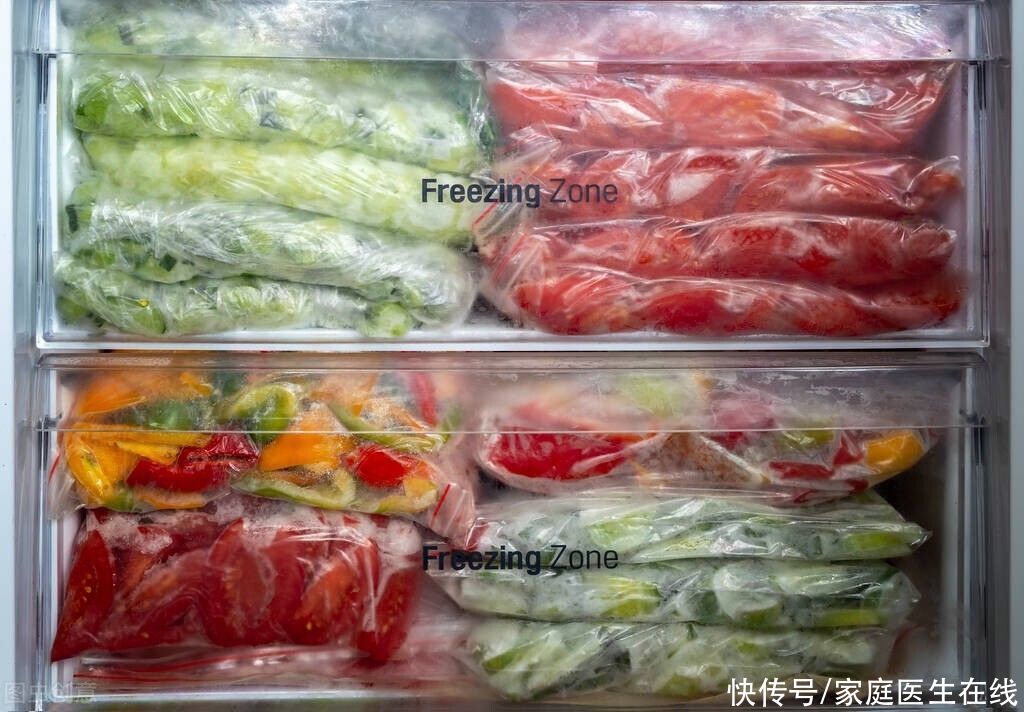
Is it true that frozen vegetables have reduced nutrition?
The WeChat team of the Shanghai Consumer Protection Commission conducted relevant tests with an authoritative institution some time ago, and found that the nutritional value of most frozen vegetables and fresh vegetables is not much different. Because vegetables are in a state of reduced nutrition from the moment they are picked, they will continue to decrease, and freezing can slow down the speed of losing nutrients. Even if fresh vegetables are washed and cut, the nutrition is reduced, and the storage method of freezing has little effect on the preservation of nutrients.
Some people believe that frozen vegetables produce more nitrite. In fact, there is no need to have such concerns. The frozen vegetables are not leftovers, and the increase of nitrite cannot be separated from the participation of bacteria, and the freezing process is the process of keeping vegetables fresh, without the participation of bacteria.
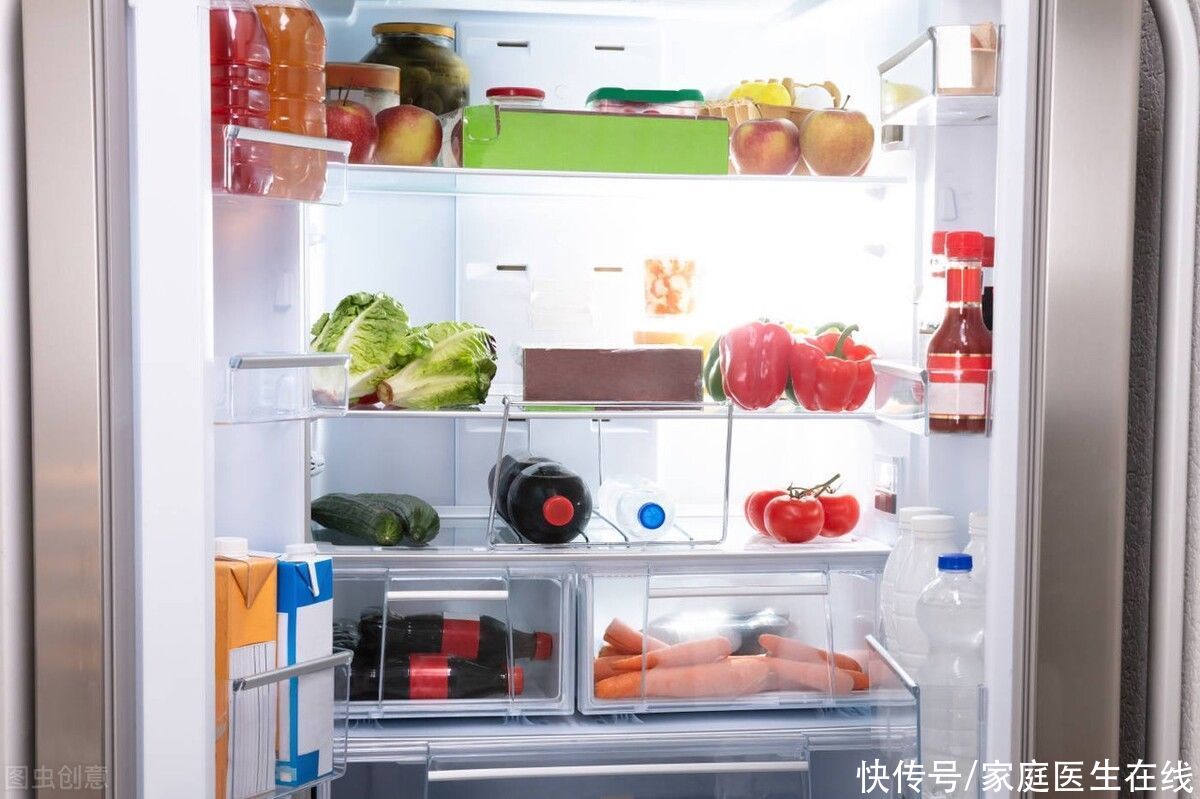
What are the benefits of frozen vegetables?
1. Preserving nutrition
Frozen vegetables and fresh vegetables have little difference in nutrition. Some frozen vegetables are even more nutritious than fresh vegetables. Because fresh vegetables will continue to lose nutrients during transportation and sales, while frozen vegetables are immediately frozen and stored, which can preserve nutrients to a certain extent.
2. Ease of cooking
Frozen vegetables are more convenient for cooking, Because just thaw and cook, no cleaning is required. Whether it is fried or steamed, it is very convenient. Frozen vegetables are generally frozen, processed and stored using seasonal vegetables, which are very fresh and can retain the taste and color of vegetables.
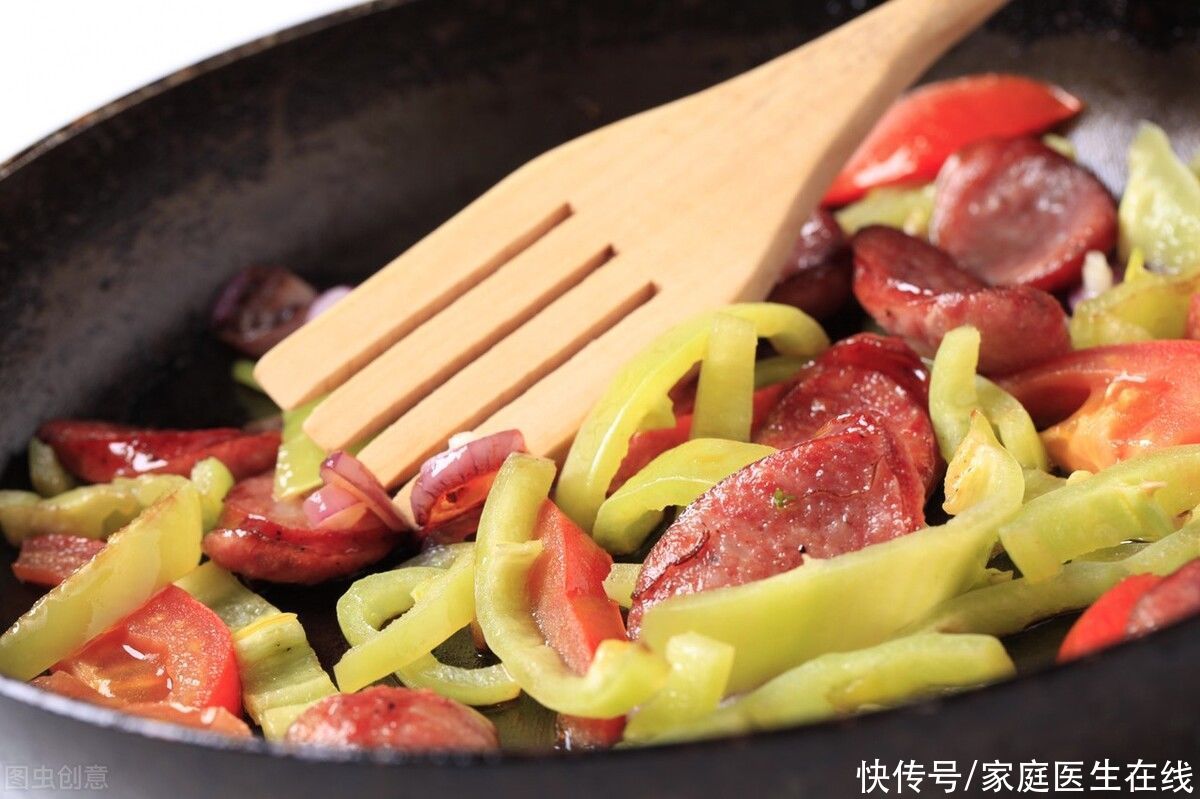
3, long storage time< /p>
Compared with fresh vegetables, the biggest advantage of frozen vegetables is that they can be stored for a longer time. Be aware that fresh vegetables, even in the refrigerator, should not be stored for more than a week, especially green leafy vegetables, which are prone to spoilage. Frozen vegetables are processed fresh vegetables in season, then frozen, and then stored at minus 18°C. If they are well sealed, they can be stored for several months or even a year, which is much longer than fresh vegetables.
How to store the stock on the eve of the epidemic?
1. Dry food can be stored for a long time
Dry food, such as dried mushrooms, dried fungus, dried yuba , vermicelli, white fungus, etc., can be stored for a long time, and can be stored at room temperature under the backlight. It can be stored for a long time. It can be washed and soaked when eating. It is very convenient and can be stored more.
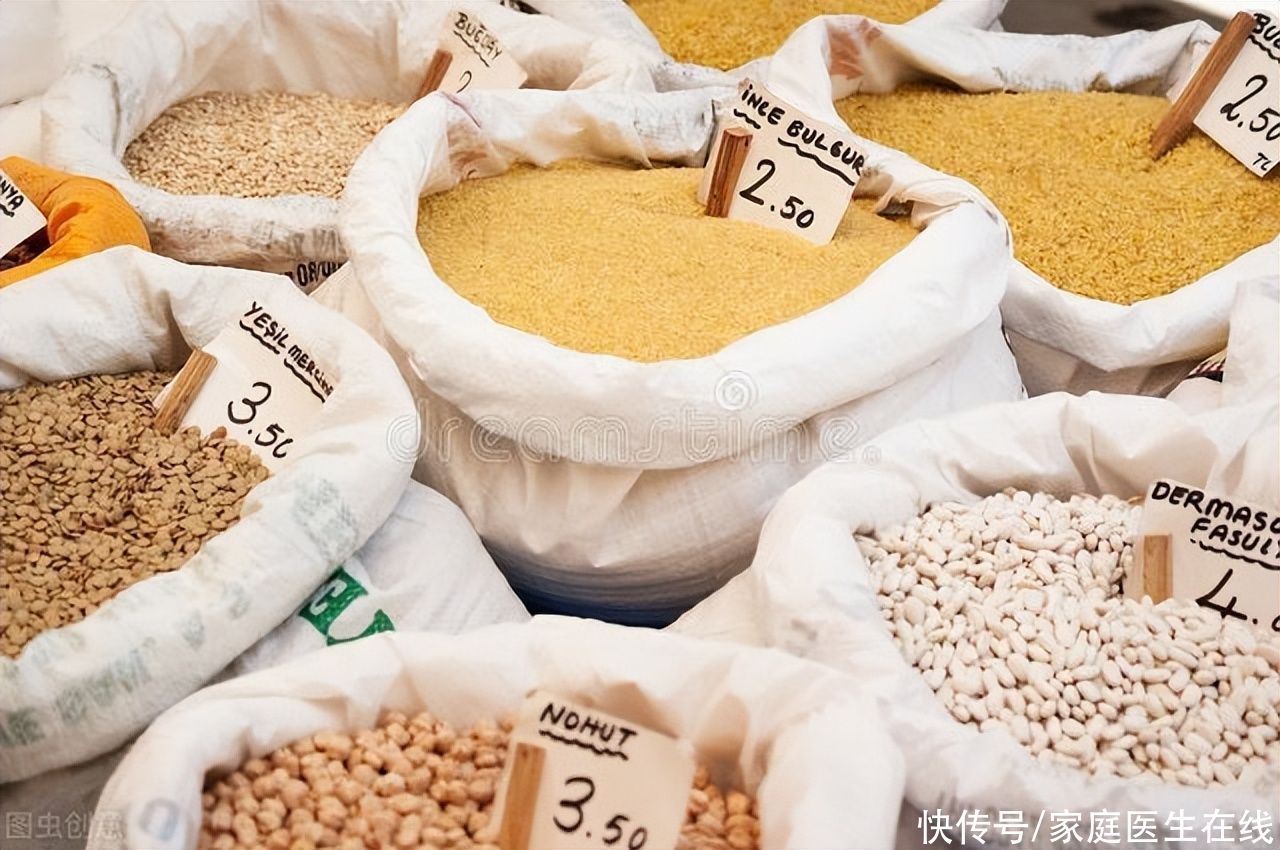
2, meat food< /p>
Meat can also be properly stored, preferably frozen. Red meats such as pigs, cattle and sheep can be stored in a freezer for a long time and can be stored for 10 to 12 months. Chicken, duck, goose and other poultry meat can be stored for 8 to 10 months. Seafood such as fish and shrimp can be stored in the freezer compartment of the refrigerator after processing and can be frozen for 3-6 months. If it is some semi-finished meat food, it should be eaten within three months after freezing.
3. Vegetables
Vegetables can be stored refrigerated or frozen. However, it is best not to store green vegetables in the freezer. You can freeze vegetables such as beans, broccoli, corn, eggplant, and carrots. Wash these vegetables, dry them with paper, put them in a plastic bag, and store them in an airtight freezer, which can be frozen for 1-2 months.
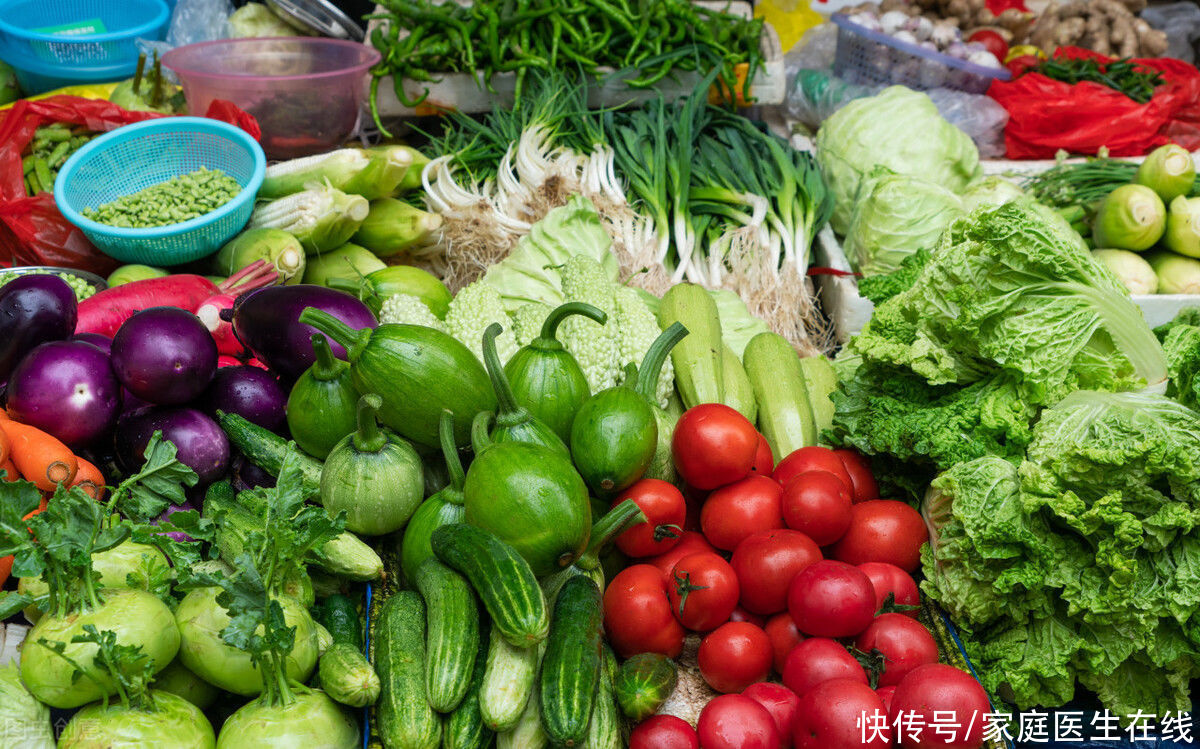
Message from the doctor
The epidemic has been repeated repeatedly, you can Stock up on some food for a rainy day. In addition to packaged food, you can also store some fresh food, such as meat, vegetables, etc. Food can be stored in the freezer compartment of the refrigerator, such as vegetables, frozen vegetables and fresh vegetables have little difference in nutrition.
Family doctor online feature, unauthorized reprint